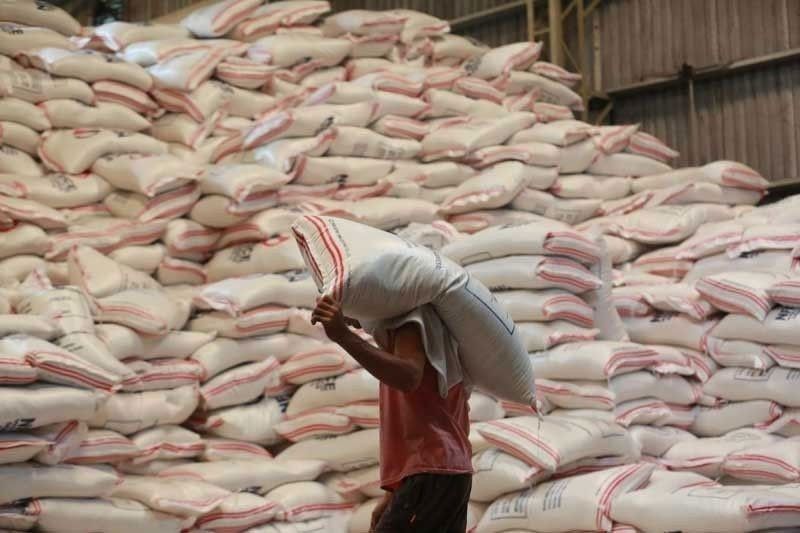Government urged to revisit Rice Tariffication Law

MANILA, Philippines — The government should review the Rice Tariffication Law (RTL) as both farmers and consumers are still not feeling its benefits nearly two years after its implementation, a farmers’ group said.
In an analysis paper, the Federation of Free Farmers (FFF) said RTL has grossly failed to deliver on its promises, emphasizing that the only winners of the law are the market intermediaries – the palay (unhusked rice) traders and millers, wholesalers, retailers, importers and other middlemen who transact between the farmers and the consumers.
“It is not working as originally planned and advertised. In the process, farmers are getting hurt, consumers are not gaining anything, and market middlemen have become the unintended beneficiaries of the law.
“Government has been forced to spend a lot of money to address emerging problems, but with very little impact,”it added.
FFF cited data from the Philippine Statistics Authority (PSA) showing that the average retail price of rice in 2020 was only 36 centavos per kilo lower than in 2017 at P41.67 per kilo versus the earlier P42.03 per kilo.
“This translates to a saving per consumer of only 12 centavos per day,” FFF said.
Meanwhile, FFF stressed that the implementation of the RTL led to farmers incurring losses.
“As predicted, palay prices plunged with the enactment of RTL and the ensuing flood of rice imports,”FFF said, adding that in 2019, farmers received nearly P2 less per kilo than in 2017 for the palay they sold commercially.
“They did not fare much better in 2020, resulting in a cumulative loss of P56 billion during the first two years of RTL.On the average, farmers’ incomes fell by around P6,000 per hectare per season,”it added.
The RTL targeted to offset reduced palay prices with higher yields, lower costs of production, and improved productivity resulting from the yearly P10-billion Rice Competitiveness Enhancement Fund (RCEF) and other interventions.
FFF, however, cited PSA data showing that there was practically no improvement in output in 2020 compared to 2017, with the average yield per hectare in 2019 to 2020, only improving by three percent compared to 2016 to 2018.
“At this rate, it will take up to 20 years before our farmers reach the six metric ton per hectare level that will bring them at par with their Vietnamese and Thai counterparts,”FFF said.
The group pointed out that only about half of the P20 billion allocated for the first two years of RTL has been disbursed so far.
“RTL proponents insist that it is too early to judge RTL, that the problems we are facing are mere “birth pains,” and that we must ask farmers and consumers to wait for three years before we can start reviewing and tweaking the law. That is totally unfair and irresponsible,” the group said.
FFF stressed that the government must step in to ensure that the gains from liberalization are equitably distributed along the rice value chain, pointing out that prices for consumers will not go down just because more imports are allowed to come in.
“The government needs to craft a clear and effective strategy to balance imports with local supply to prevent acute shortages on the one hand, but avoid excessive supply gluts on the other, while farmers are finding ways to become more competitive,” FFF said.
“It must recast its programs to assist farmers, anticipate instead of just react to problems, and ensure that funds are spent wisely and effectively. We need to revisit the law itself to respond to these challenges,” it added.
Reacting to FFF’s statements, the DA said that various rice farmer cooperatives and associations (FCAs) have already received farm machinery and equipment, loans and training.
“Further, one way or the other, some farmers’ groups or FCAs in some parts of the country belonging to FFF are also recipients of RTL-RCEF interventions,”the DA said in a statement.
“It seems the FFF does not want to recognize and accept that the RTL and RCEF program is gaining ground, benefiting tens of thousands of rice farmers and their families, enabling them to increase their productivity and incomes, and millions of rice consumers,” it added.
- Latest
- Trending


























